On March 26, singer-songwriter Chappell Roan did an interview on the popular podcast Call Her Daddy, hosted by Alexandra Cooper. An already controversial artist, Roan made statements on the podcast that blew up on the internet and social media platforms.
The title of the podcast, “Are People Scared of Me?”, references Roan’s past experiences with how her fans treat her in public. Roan explains that after making it clear that she did not want to be approached in public, her wishes have been granted, and people are now seemingly scared to come up to her.
“I think people are scared of me,” Roan explains. “I think I made a big enough deal about not talking to me that people do not talk to me.”
Aside from the semi-viral statements that Roan made, one thing that stood out was her overarching negativity. Almost everything that Roan said was either a complaint, or a neutral anecdote followed by some sort of grievance.
One example: within the first 10 minutes of the hour and a half long episode, Roan remembers her past before fame in a very nostalgic light. In this same tone, Roan looks back on her “crazy”—and racy, and risque (self-described)—outfit choices before she blew up with a seemingly emotional tone. She mentions her past as if reminiscing about a past life, which actually isn’t so far from the truth for Roan. She then goes on to compare the outfits with her current attire, making them seem bland, and boring, because now, dressing up like this “became [her] job.”
The first statement that blew up was Roan’s point of view on her friends who have kids. Roan said, “All of my friends who have kids are in hell. I don’t know anyone, I actually don’t know anyone who’s happy, and has children at this age. Of like, a one year-old, three year-old, four and under, five and under, I literally have not met anyone who’s happy. Anyone who has light in their eyes, [or] anyone who has slept.”
Parents, both fans and critics, were enraged by this statement, and claims by various news outlets who wished to emphasize and mold the meaning to fit their bias only worsened this. Page Six, part of the New York Post’s gossip column, made a post on March 31 that showcased Roan’s statement. The post’s caption reads, “Chappell Roan doesn’t think anyone who has children in their 20s are happy.”
It’s easy to see why Roan’s statement is controversial. Motherhood and parenthood are very hard, overwhelming, and exhausting tasks. Having children to take care of is not easy, especially young children. In spite of this, Page Six’s caption is just untrue. While Roan is speaking about her observations on parenthood, she is not talking about how parenthood affects everybody.
Page Six, along with other, non-verified accounts, have very divided comment sections. On one hand, parents understand that Roan wasn’t talking about them, but was rather just stating her observations on her own friends. On the other hand, parents are explaining the joys of childhood, unable to understand how someone can have such a negative view on parenthood.
Later in the episode, Roan says, “But they’re in hell because they love their kids,” which has conveniently been left out of all critiques of Roan. Roan’s previous profession of being a nanny has also been left out, seemingly to strengthen the idea that she thinks all parents are miserable.
Roan’s second controversial statement is harder to rationalize.
“How can I do it all? Like, how can these [other pop stars] tour, write, perform, interview, sleep, eat, and f—–g work-out, and like, how can they do it all? And lead a team, and be a boss, and pay people? And, be like, f—–g, so politically educated?”
“It’s exhausting,” Cooper added.
“And it’s also impossible,” Roan continued. “Also, why the f–k are you looking to me for some political answer? You think I have the answer?”
ABC News published an article in August of 2024 stating that celebrities have a huge influence on politics, and can even encourage more people to vote. It’s not uncommon to look up to celebrities for political advice, guidance, or even opinions, although it’s not always the most reliable source.
If a run-of-the-mill, neutral, and politically indifferent music artist made this statement, there wouldn’t be much backlash.
Chappell Roan is not a run-of-the-mill, neutral, or politically indifferent music artist.
A good portion of her fame was built off her political views, statements, and actions, and while her music can potentially be interpreted without a political bias, her persona cannot.
Take this for example. In June 2024, Roan declined an offer to perform at the White House, saying, “We want liberty, justice, and freedom for all. When you do that, that’s when I’ll come.” She also added, “That means freedom in trans rights, that means freedom in women’s rights, and it especially means freedom for all oppressed people in occupied territories.”
At this same concert, Roan was dressed up as the Statue of Liberty, which is only one of her many drag personas.
Even without the blatant political statement in June, her drag personas by themselves are a political statement. Drag queens were and still are a way to fight conformity in the harsh battle for equal rights. By doing drag, they were making a political statement.
This, along with Roan’s declined performance at the White House and her reason for not going, is what makes her queer fans and critics so provoked and confused as to why Roan would attempt to shed the responsibility of being politically informed.
Roan is obviously aware of the oppression not only in the United States, but also in other countries. Her White House statement is an attack against oppression, inequality, and injustice, all of which are politically turbulent topics, yet now she tells her fans she can’t be politically educated with all the other stuff she has to do, and they shouldn’t look to her for a “political answer.”
How can Roan say that people shouldn’t look to her for “political answers” when her entire career is built off her political opinions? It may be fair to say that she isn’t qualified enough to give political advice, but she cannot try to pry herself away from the political opinions and statements that were essential to creating her drag persona, Chappell Roan.
To people, such as myself, who have stood behind Roan during her more controversial acts, statements, and interviews, it’s hard to stick behind her for this one.
Since the beginning, her entire mission has seemingly been to fight for the rights of the oppressed, and for the people who didn’t have a voice. It seems like now that her fame has skyrocketed, she doesn’t see the need to do that anymore, almost as if she’s gotten bored.
Fans could also, of course, be interpreting her behavior incorrectly. Roan’s past issues with struggling to deal with her race to fame could be resurfacing—or they never even went away. For someone like Roan, who was just a normal, Midwestern girl trying to pursue her passions, having to meet the needs of everyone and attempting to please as many people as possible may just be unachievable for her.
On one hand, Roan could have ditched her past political messages and decided to move on and just make music. On the other hand, she might not even know how her political messages relate to the minorities that make up her fanbase, and why they feel betrayed. It’s easy to play “devil’s advocate” for Roan, but I think a lot of her fans are done doing that.
Unless Roan makes a profound apology or explanation of what she meant in the podcast (which she seems too proud to do), then a lot of her fans have turned on her, or at least seen a side of the real Chappell Roan. It’s hurtful, especially for a lot of her queer fans, who have supported her through everything.
This isn’t the end of Chappell Roan, but the way her fans view her has shifted.

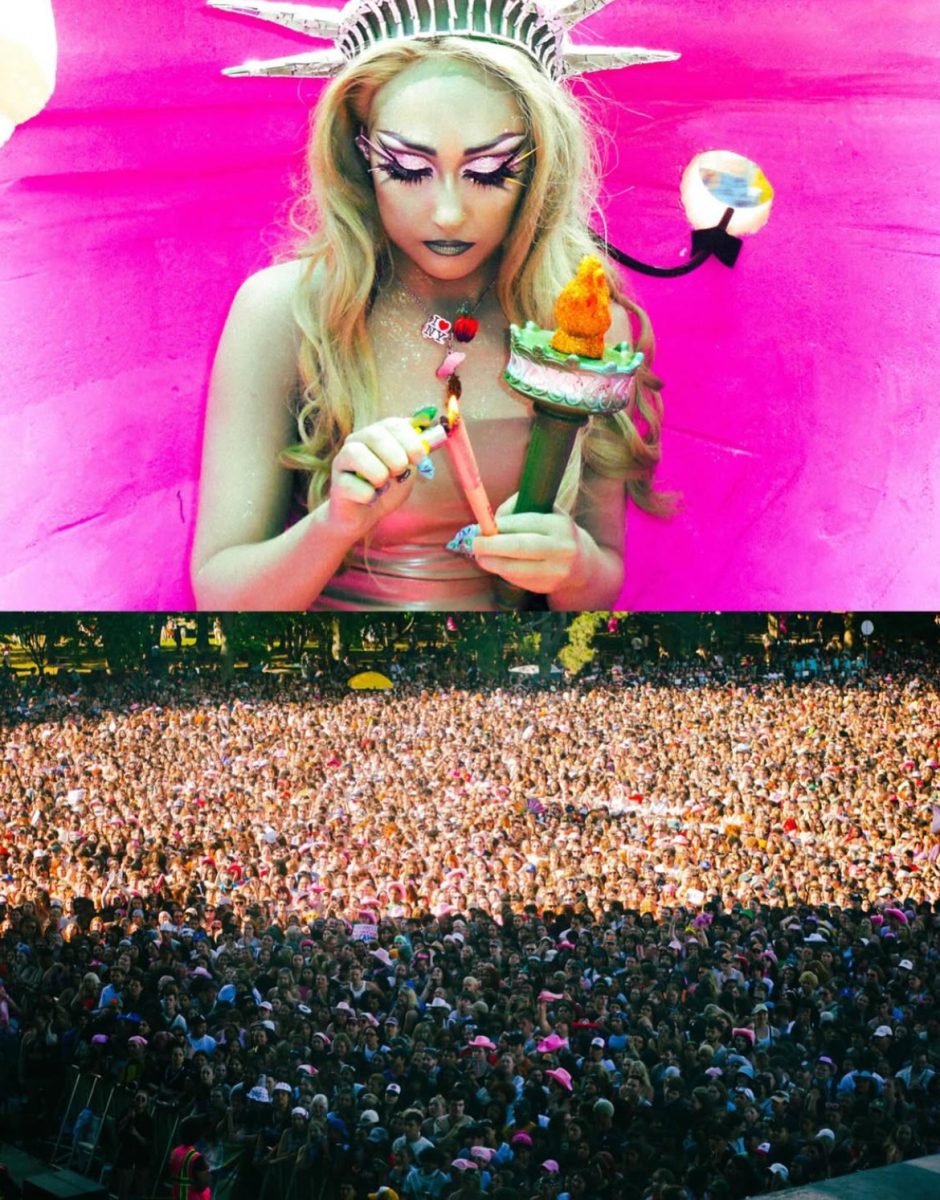
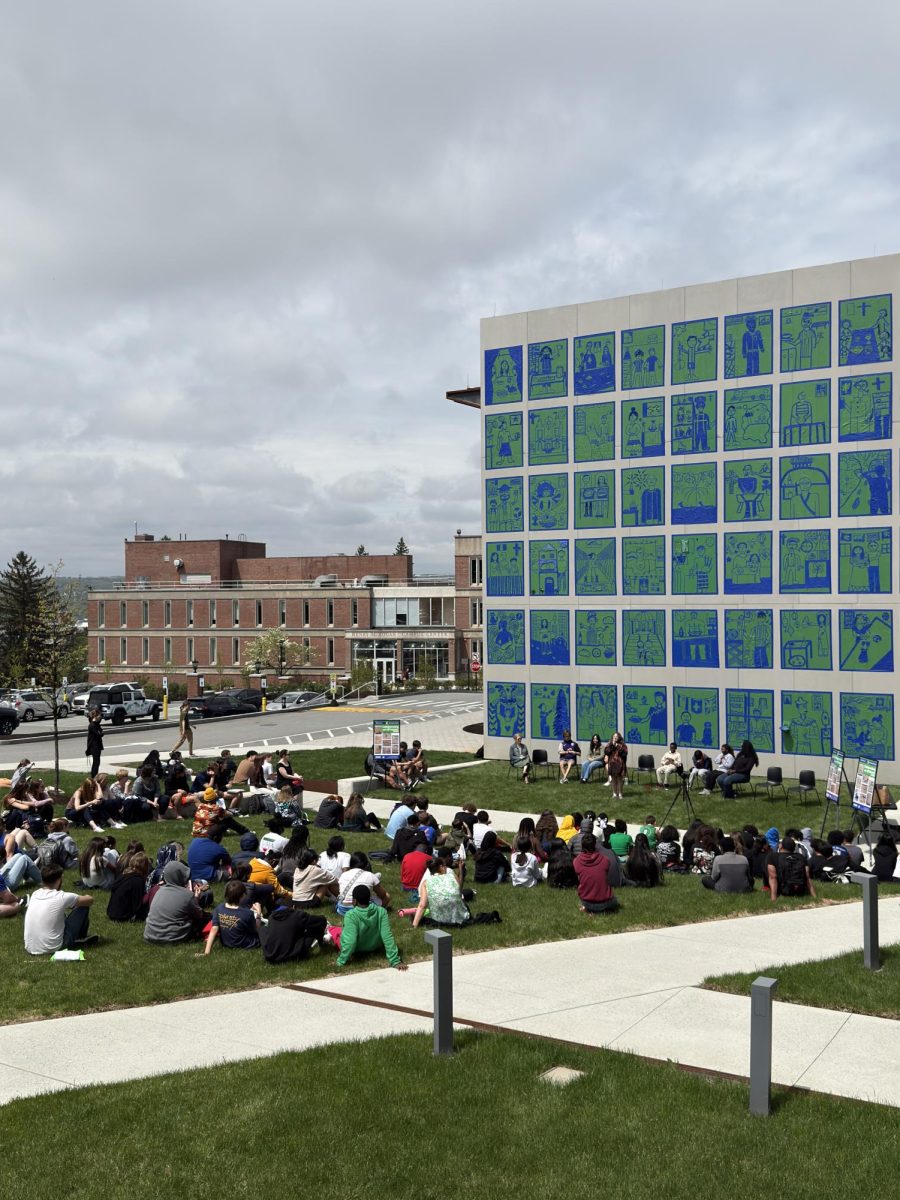
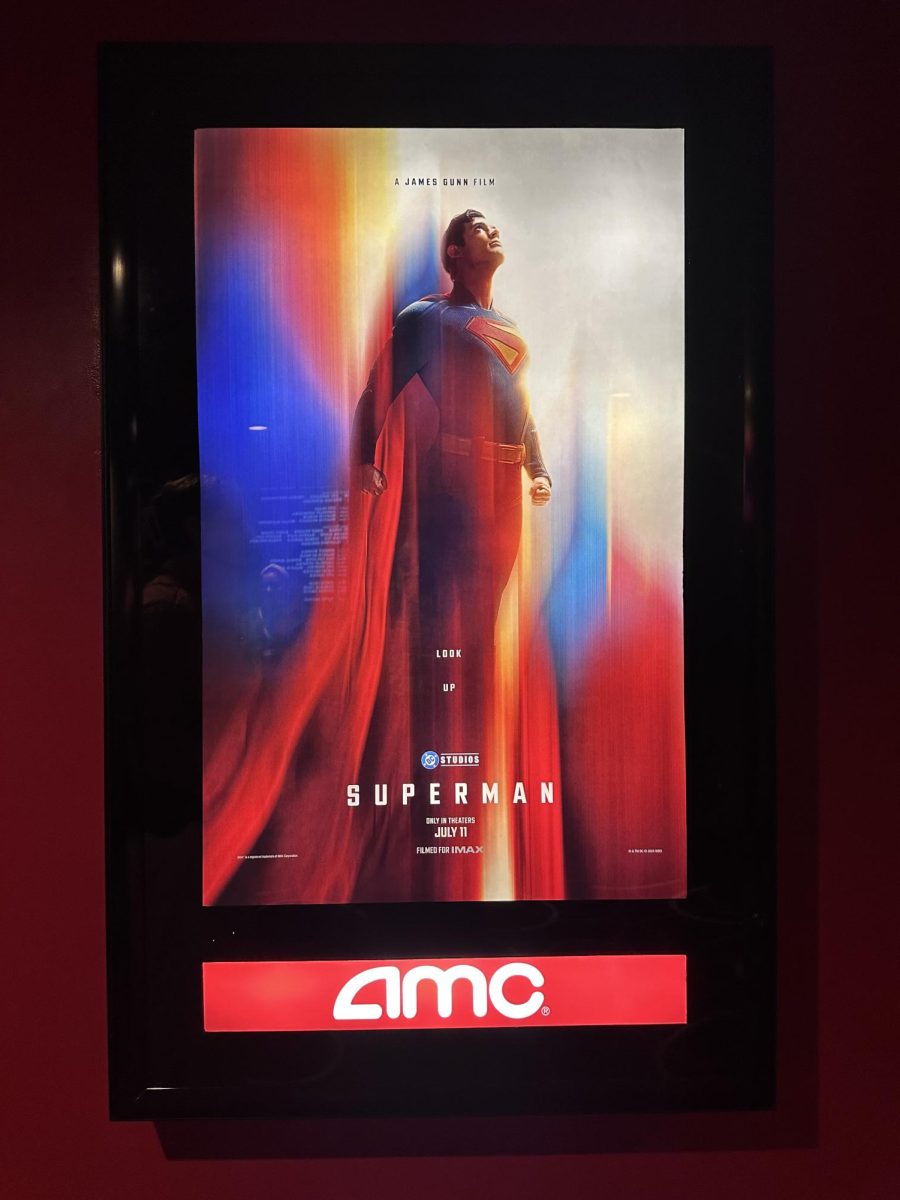
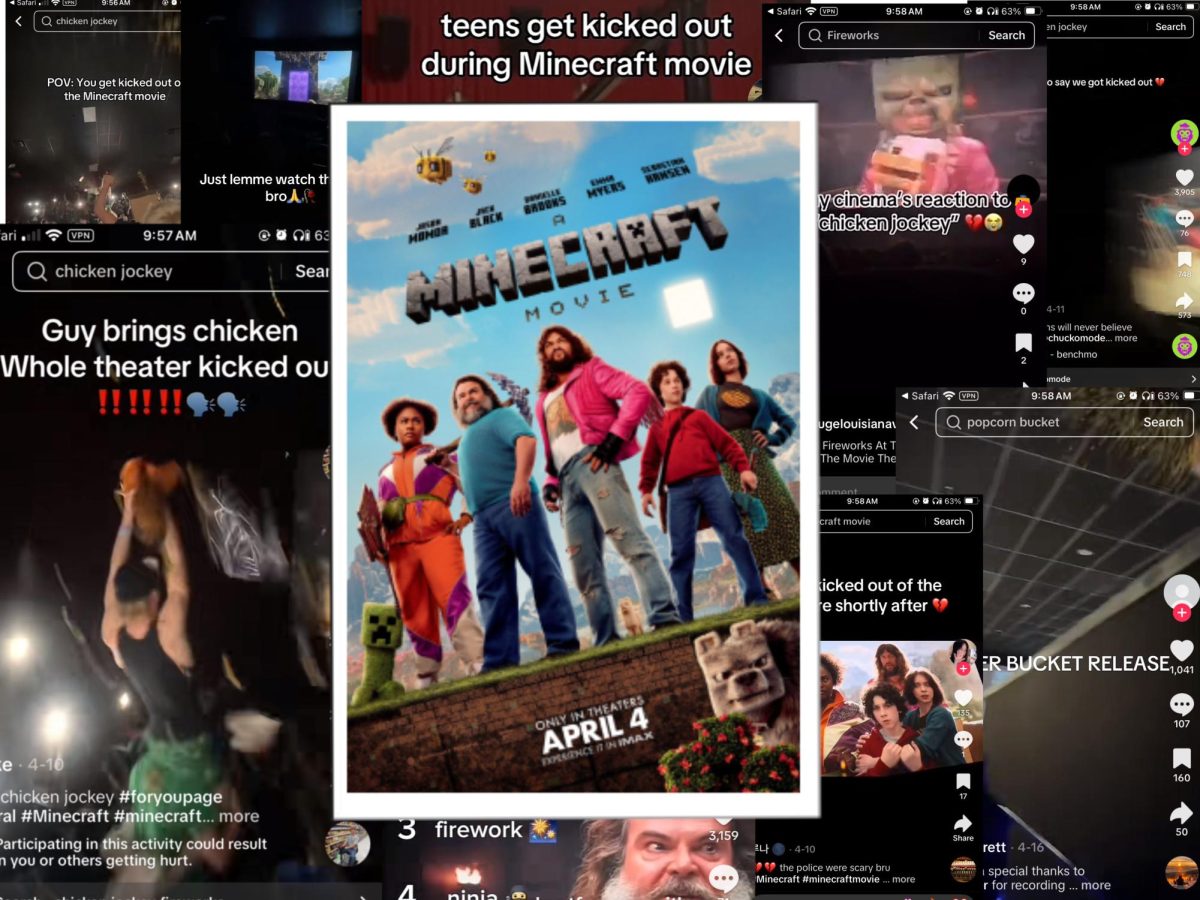
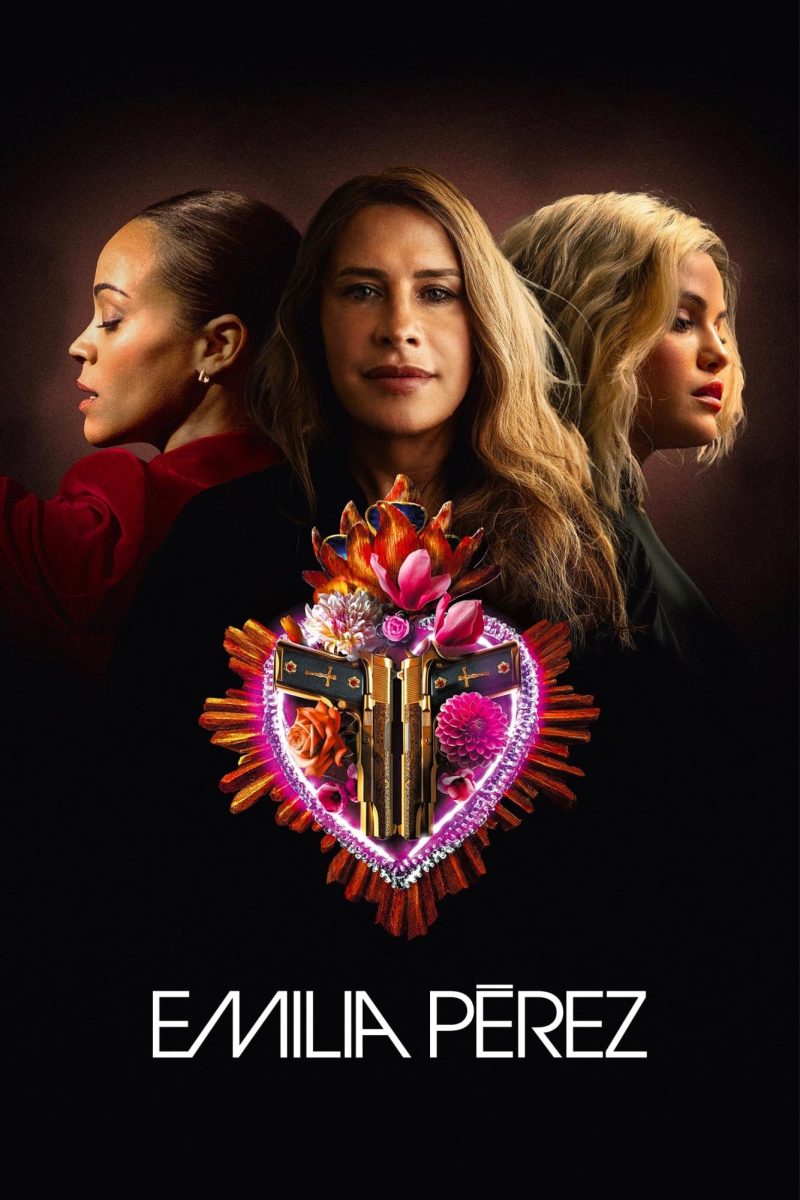
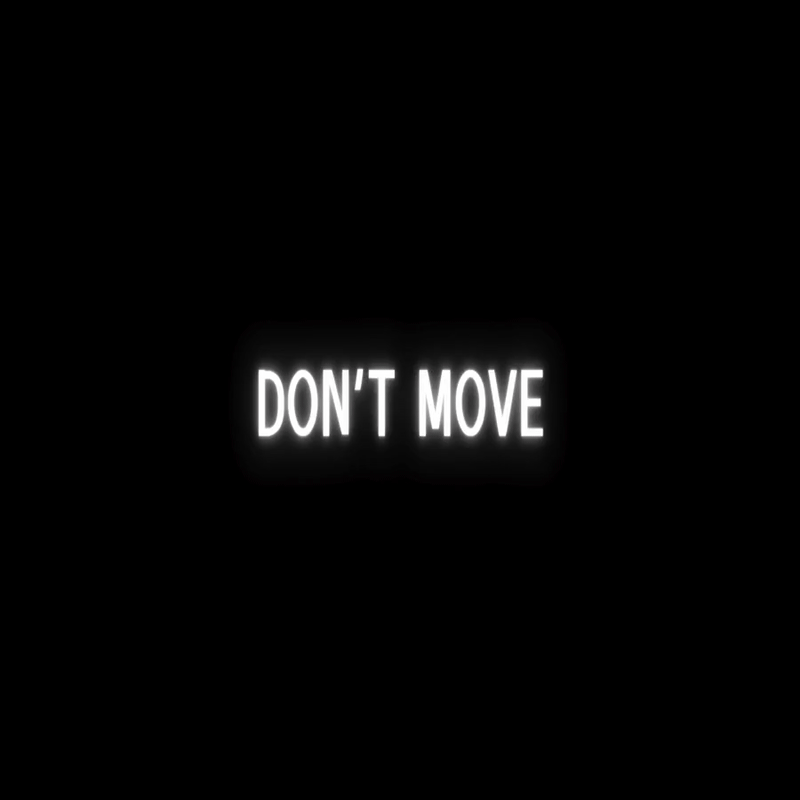
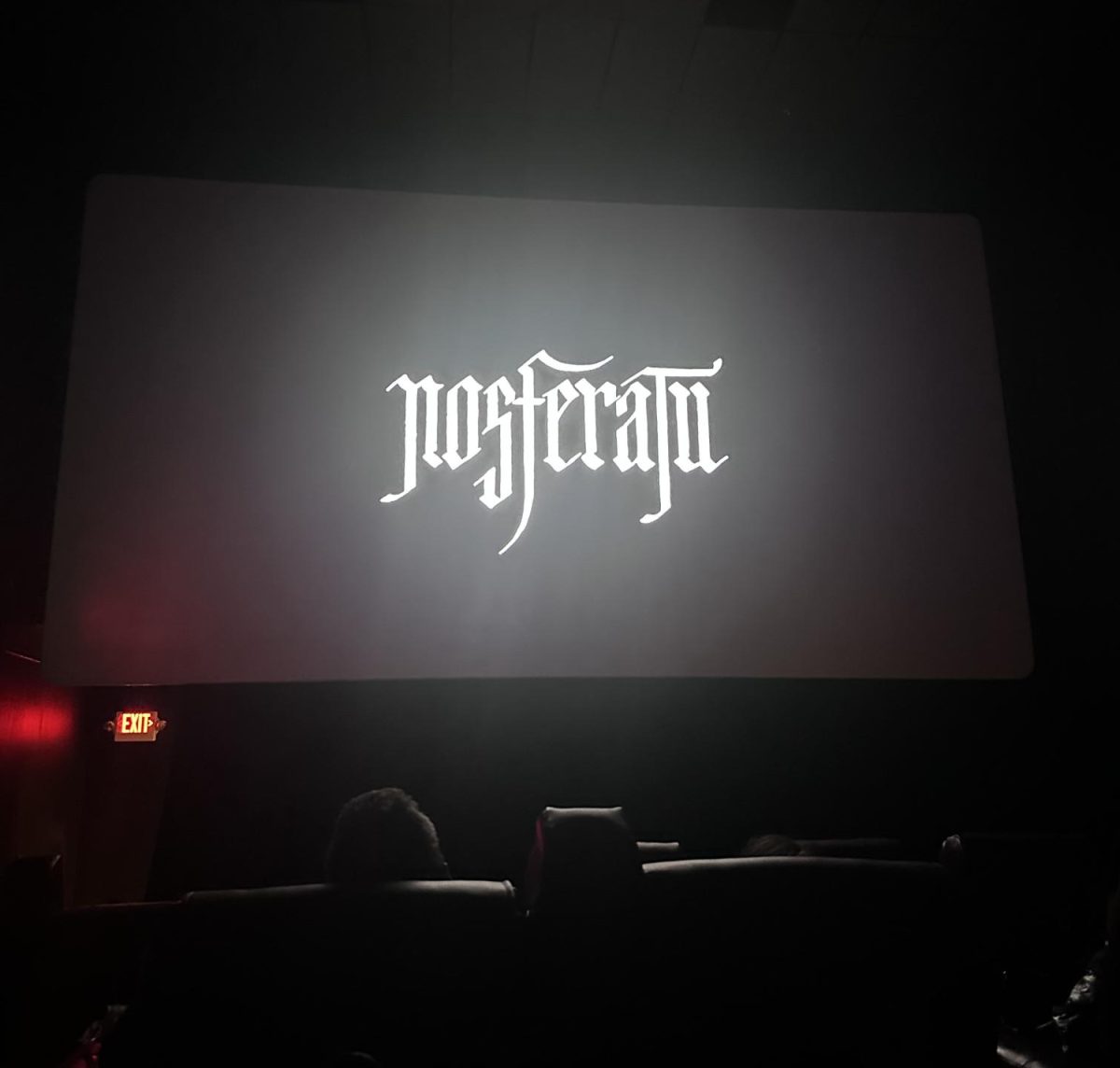

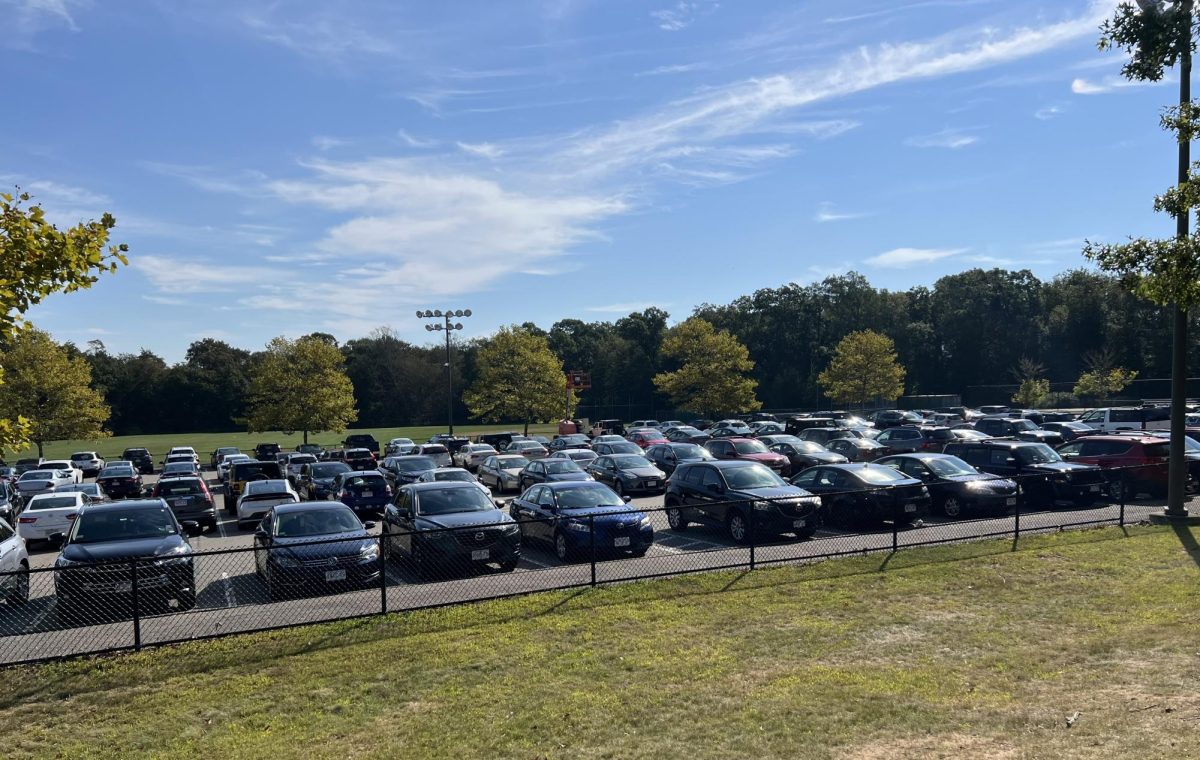
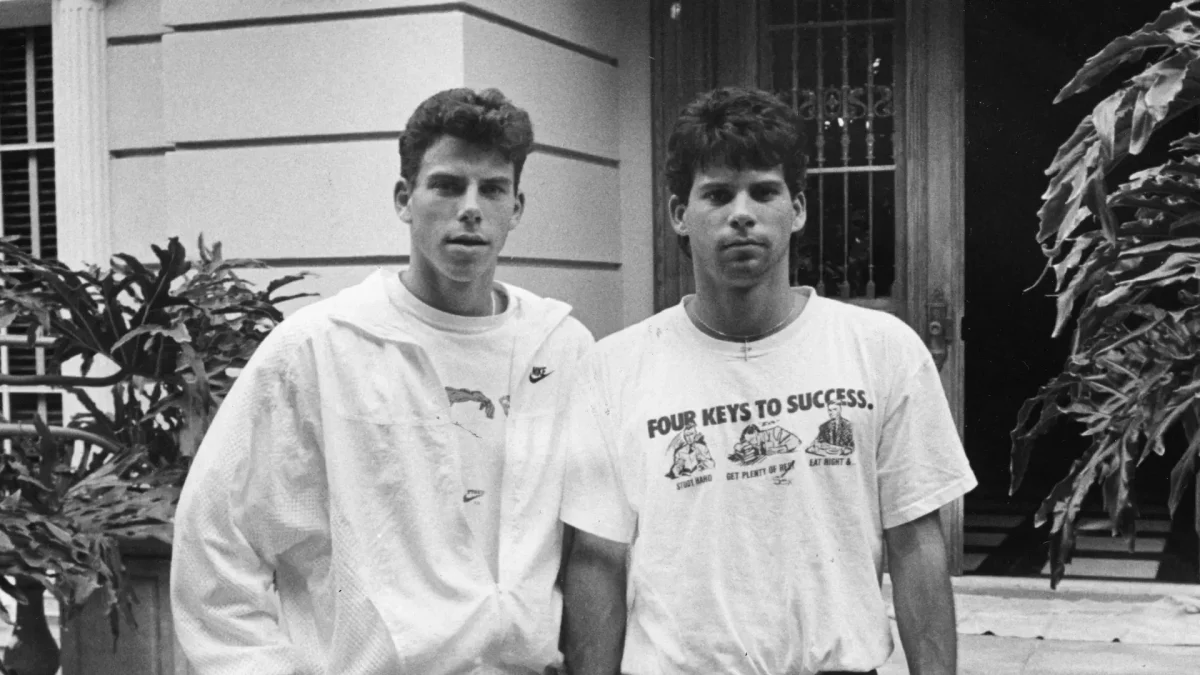
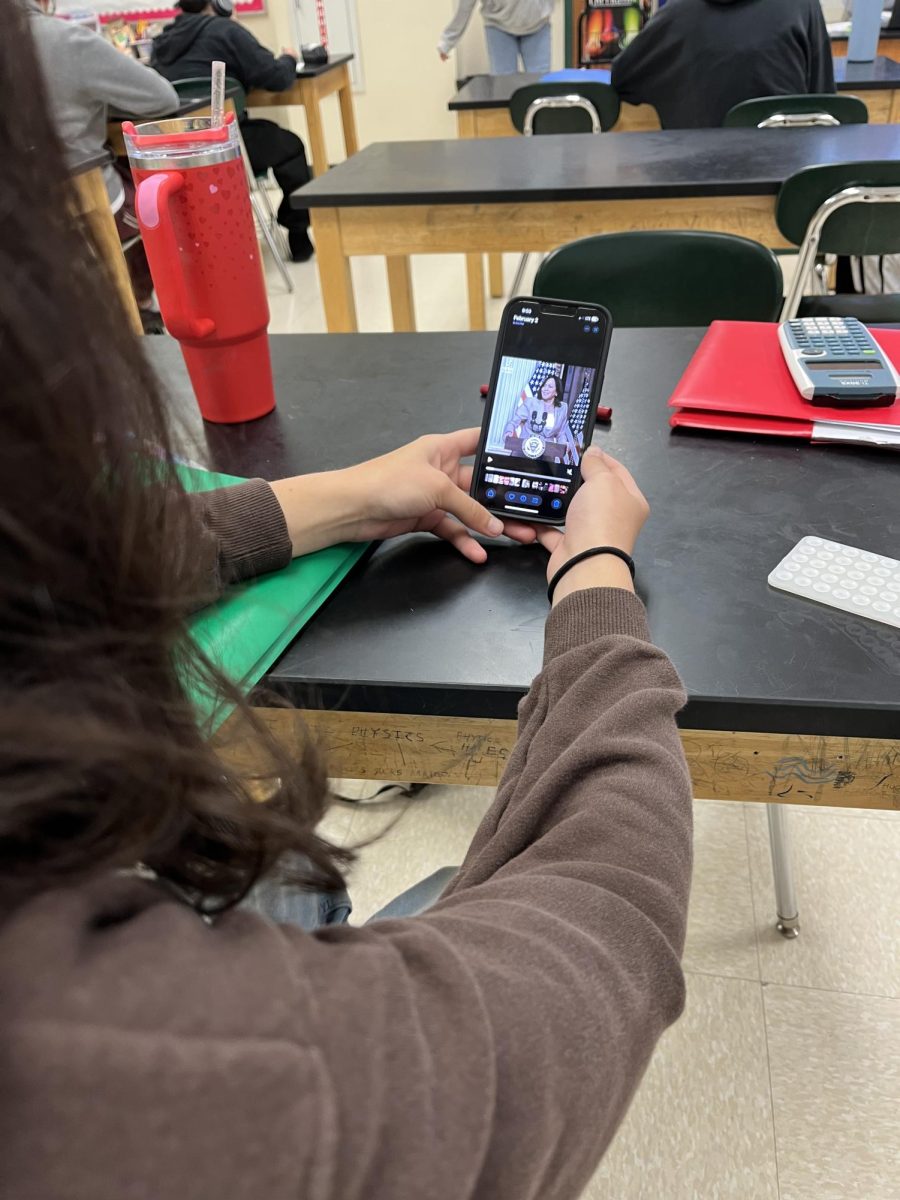

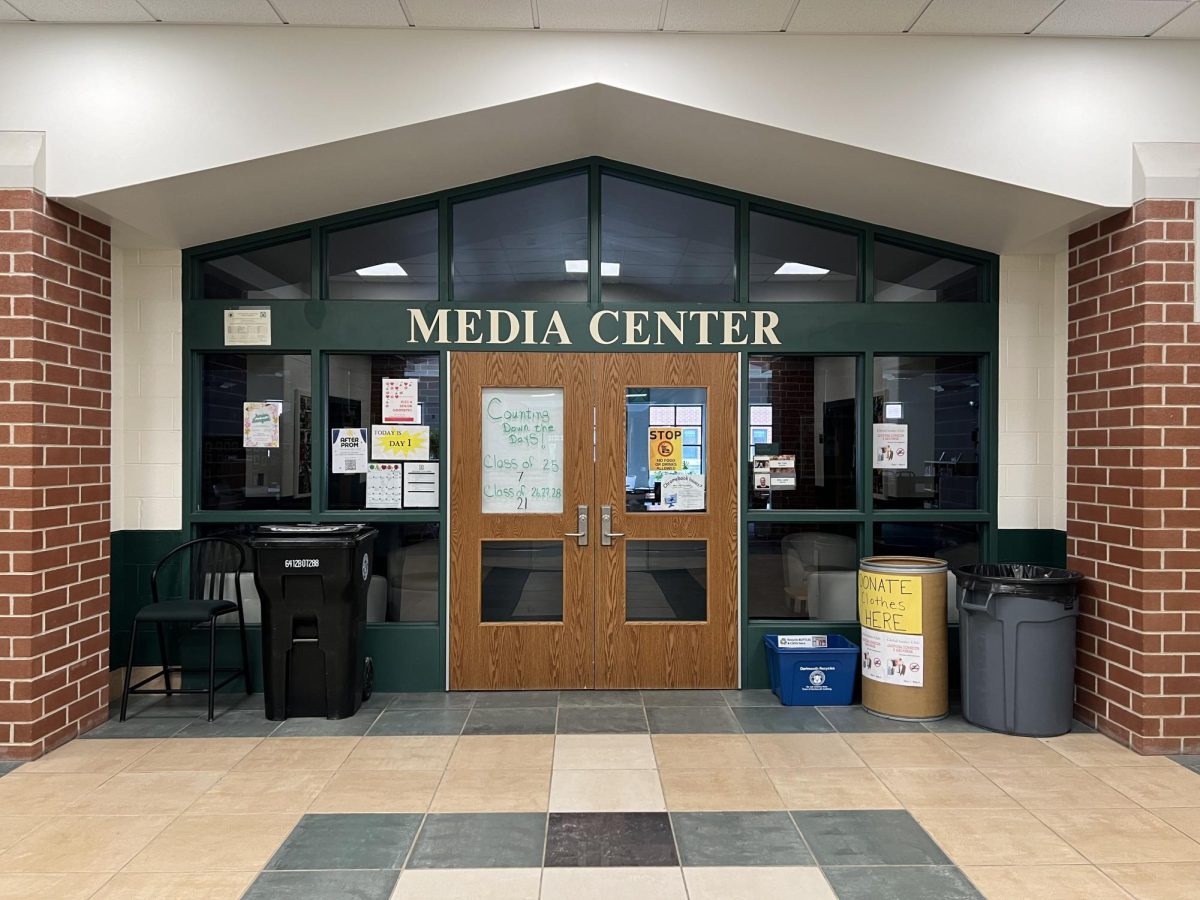
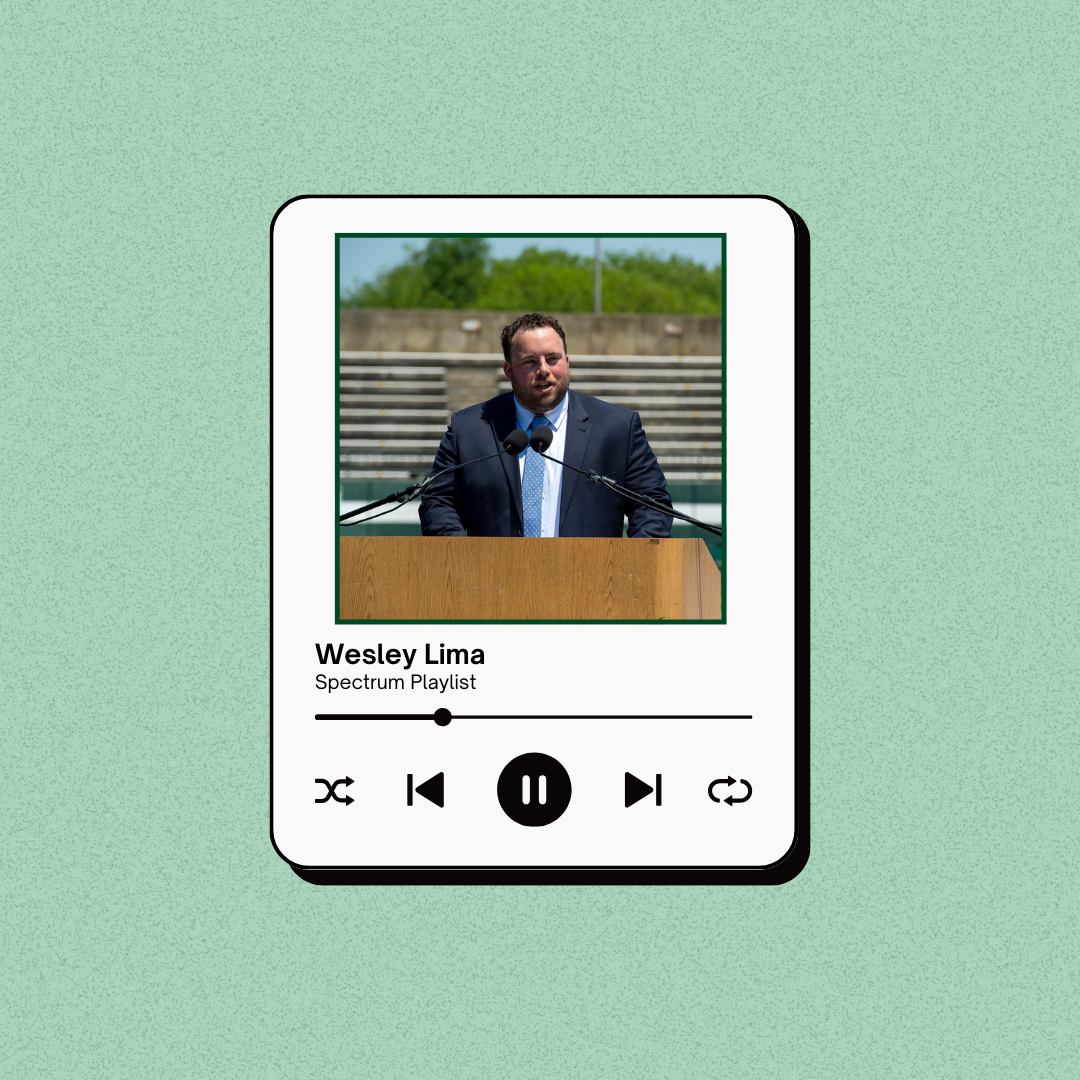
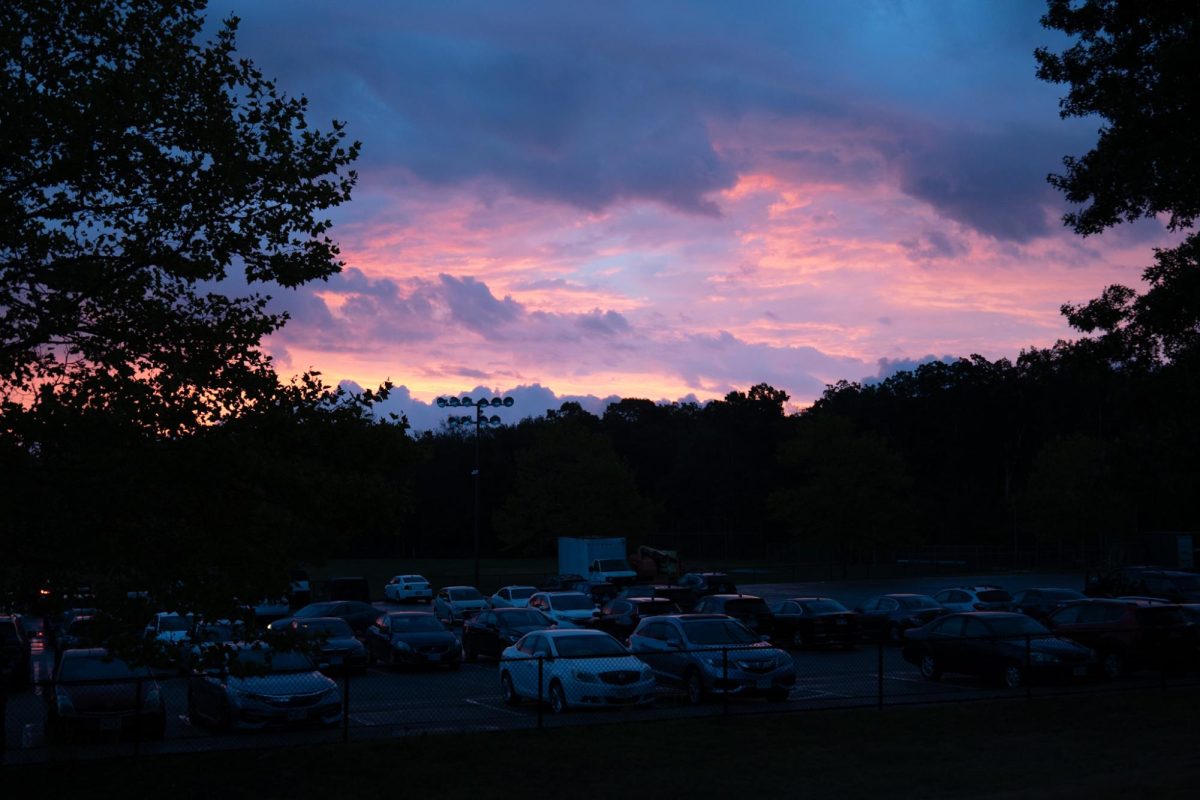
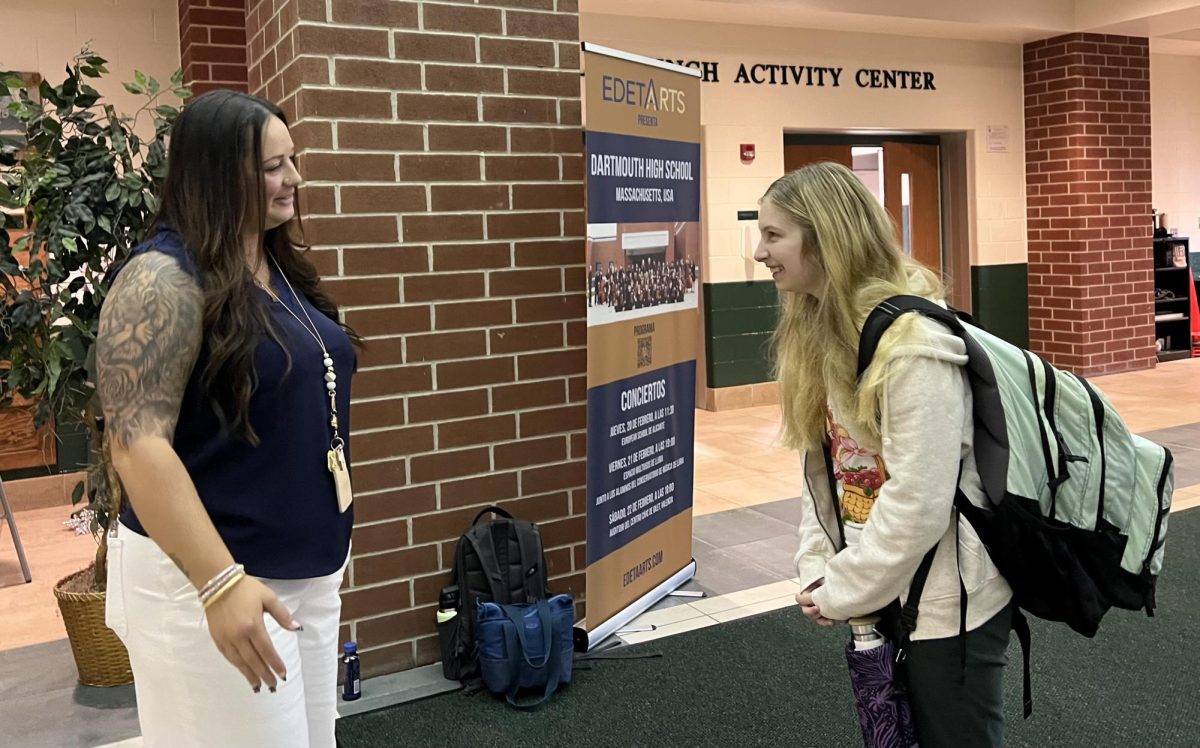
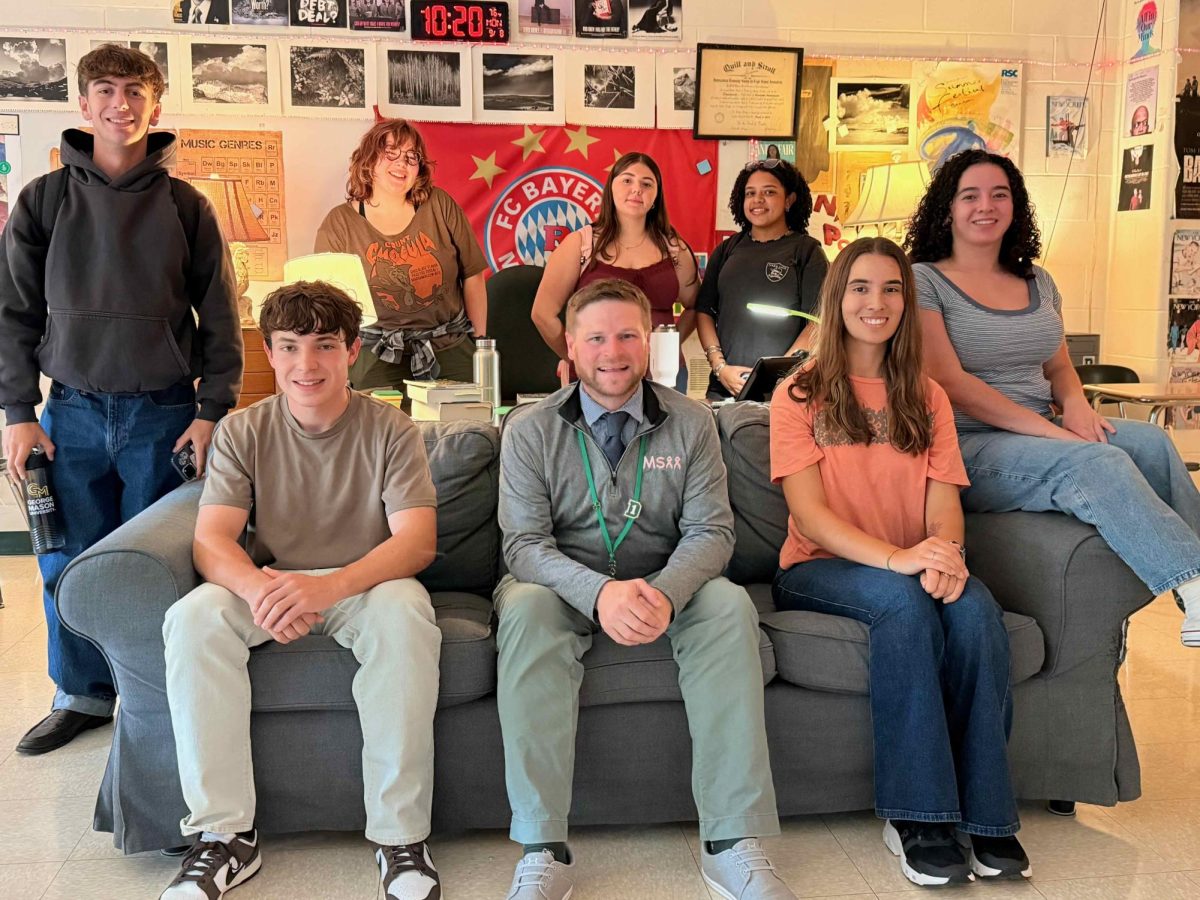
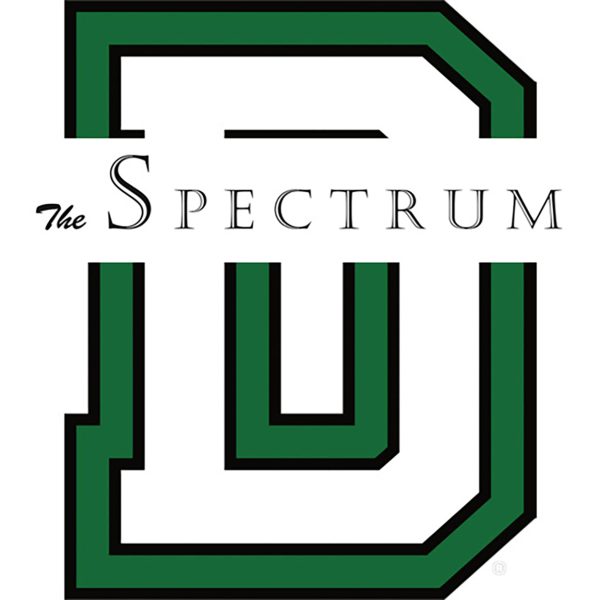

Annica • May 31, 2025 at 1:30 pm
Very well-written article, and an especially interesting read in light of the recent Trump/Springsteen saga. Although I agree with Roan that people shouldn’t look towards celebrities for the “political answers” (and I say this as a U2 fan LOL), saying pop stars don’t have the time to be politically educated is a pretty sorry excuse. Plenty of normal people whose lives are just as busy as hers, whether it’s working a difficult job, taking care of children, etc make time to understand their political environment. Even other musicians do, such as the aforementioned Springsteen, or Green Day. I’m sure they have jam-packed schedules too.